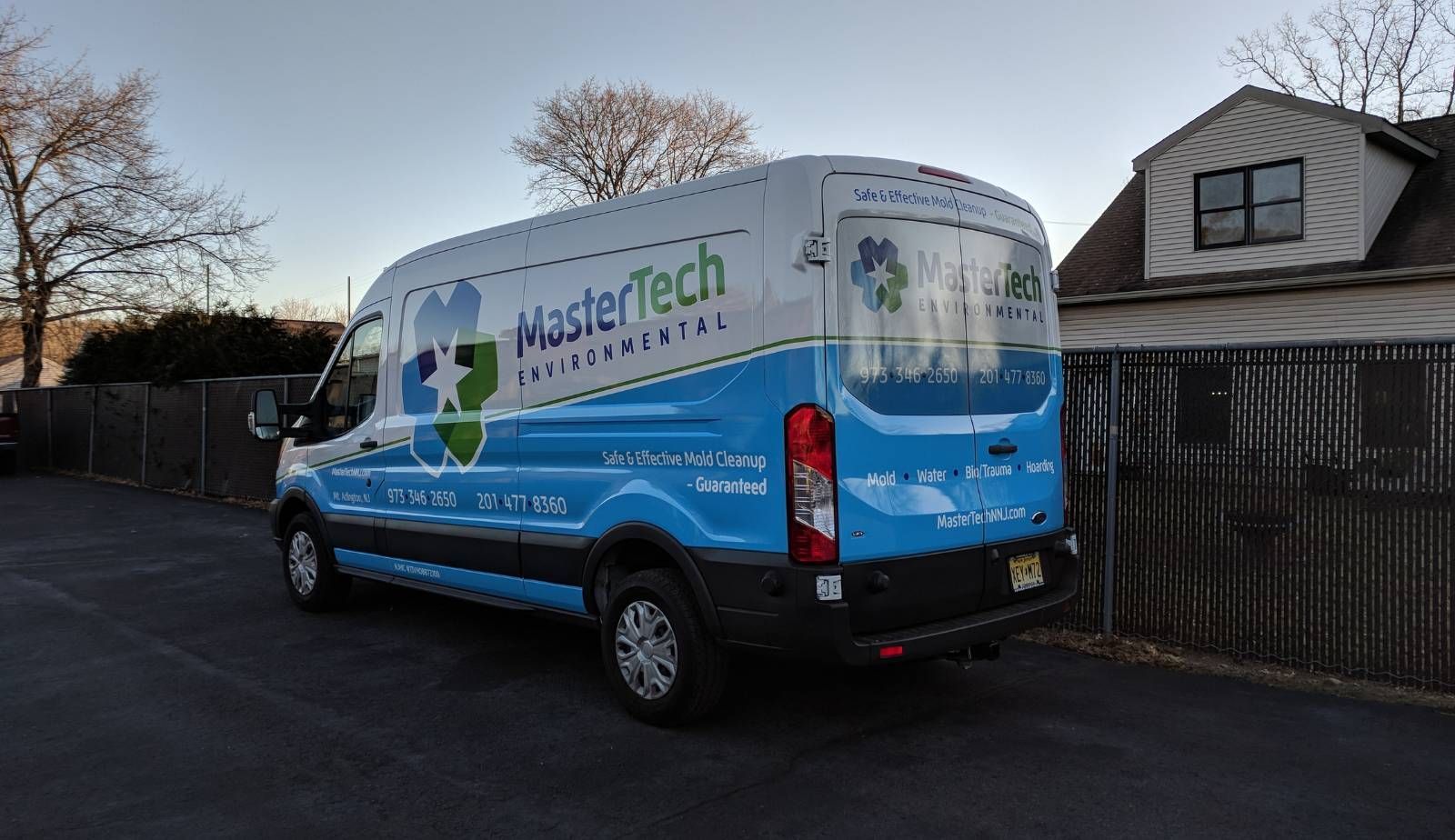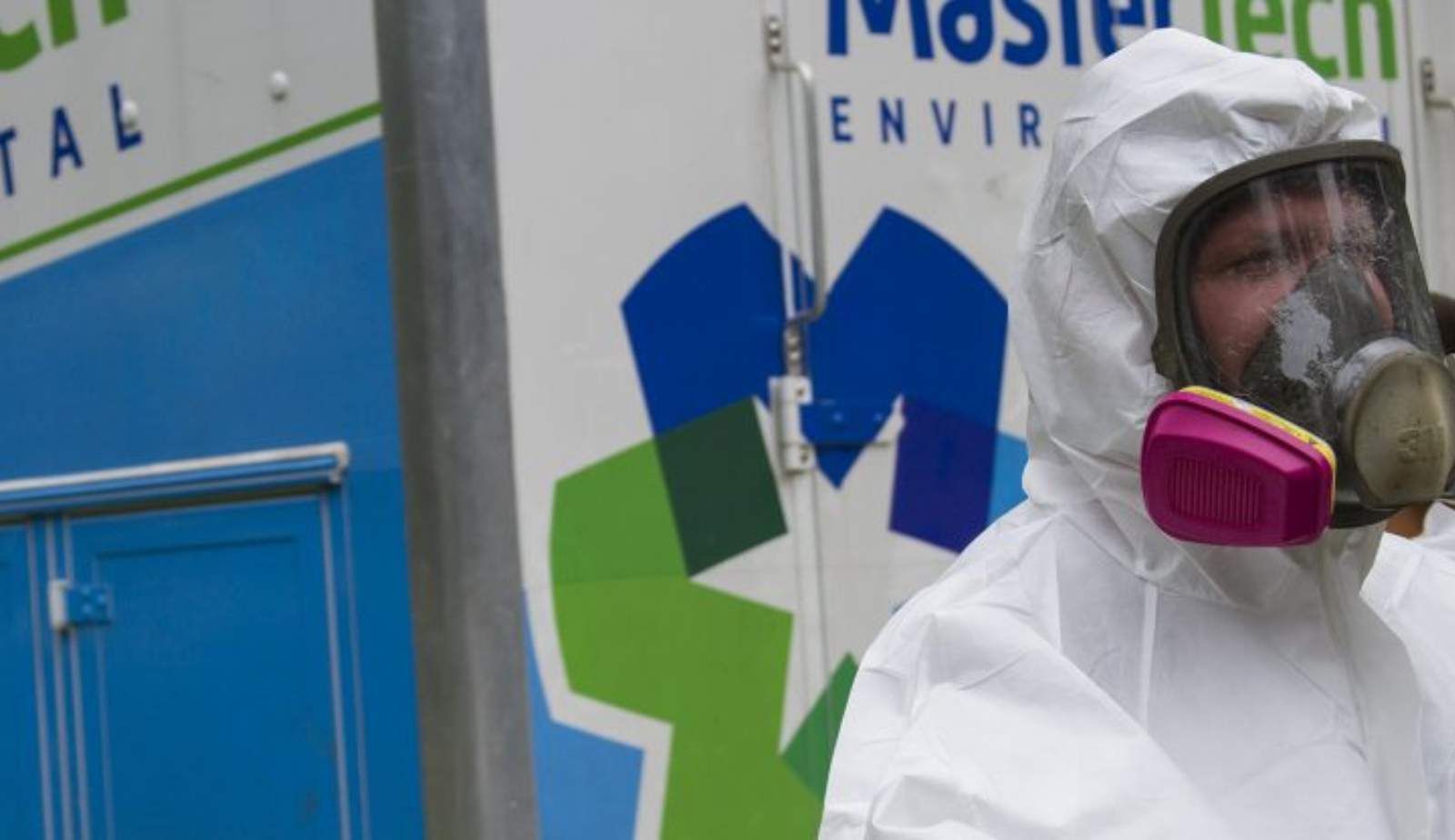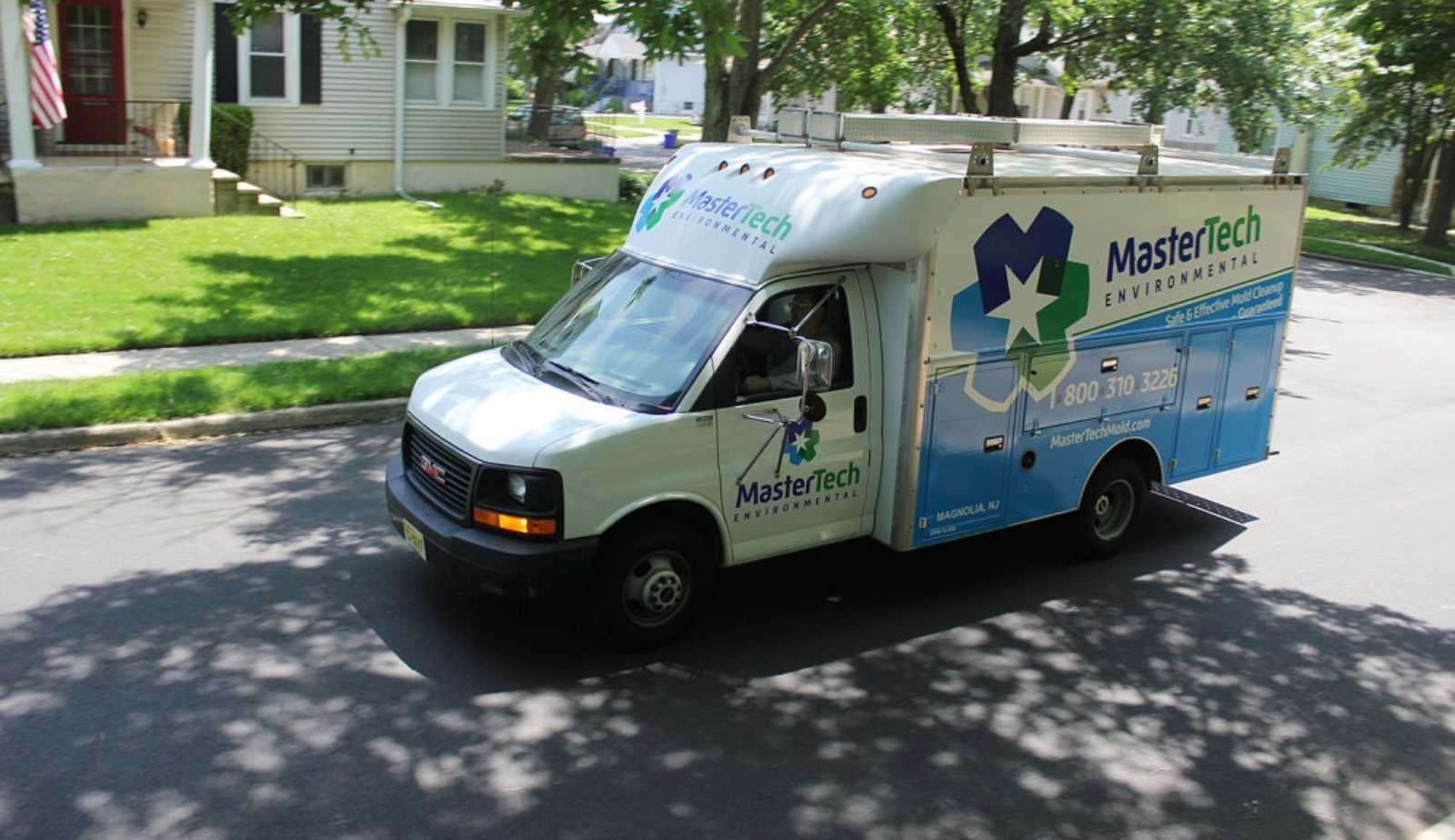
The restoration industry offers a unique opportunity for business owners seeking stability in uncertain economic times. Mold and water damage restoration franchises provide essential services that remain in demand regardless of economic fluctuations. These franchises are considered recession-proof investments due to the constant need for remediation and cleanup services, even during economic downturns.
Natural disasters, accidents, and unforeseen events occur regardless of the economic climate, creating a steady stream of work for restoration professionals. Water damage, fire repair, storm recovery, and mold remediation are services that property owners cannot afford to postpone, ensuring a consistent customer base for franchise owners. This reliability makes restoration franchises an attractive option for entrepreneurs looking to invest in a stable business model.
The restoration industry's resilience is further bolstered by its diverse service offerings. Beyond water and mold remediation, many franchises also provide specialized services such as hoarding and crime scene cleanup. These niche markets contribute to the industry's overall stability and provide franchise owners with multiple revenue streams. As the frequency of natural disasters increases and awareness of environmental health issues grows, the demand for professional restoration services is expected to continue rising.
Why Choose a Restoration Franchise?
Restoration franchises offer a unique business opportunity in a constantly evolving market. These businesses provide essential services that are always in demand, regardless of economic conditions.
One key advantage is the stability of the industry. Natural disasters, accidents, and unforeseen events occur year-round, creating a steady need for restoration services. This makes restoration franchises a recession-proof investment.
Franchise owners benefit from established brand recognition and proven business models. This can significantly reduce the risks associated with starting a new business from scratch.
Restoration franchises often offer comprehensive training programs. These equip franchise owners with the necessary skills and knowledge to handle various restoration tasks effectively.
The restoration industry also provides opportunities for community involvement. Franchise owners can make a positive impact by helping people recover from disasters and restore their properties.
Many restoration franchises have relatively affordable initial investment costs. Some even offer discounts for military veterans, making it an accessible option for a wider range of entrepreneurs.
Restoration businesses typically require specialized equipment and expertise. Franchises often provide access to these resources, allowing owners to offer high-quality services from the start.

Understanding the Restoration Industry
The restoration industry provides essential services in response to property damage from various causes. It operates in a dynamic environment shaped by natural disasters, changing climate patterns, and aging infrastructure. The sector has shown remarkable growth and resilience, attracting franchisees seeking stable business opportunities.
Demand in the Face of Natural Disasters
Natural disasters create an ongoing need for restoration services. Hurricanes, floods, and wildfires can cause extensive damage to homes and businesses, requiring immediate professional intervention. For example, water damage restoration franchises are in constant demand as property damage from unforeseen events occurs year-round.
Restoration companies like 911 Restoration respond quickly to these emergencies, offering services such as water extraction, structural drying, and mold remediation. The unpredictable nature of disasters ensures a steady stream of work for restoration professionals, regardless of economic conditions.
Impact of Climate Change and Aging Infrastructure
Climate change is intensifying weather patterns, leading to more frequent and severe storms. This increase in extreme weather events translates to a higher incidence of property damage, fueling demand for restoration services.
Aging infrastructure compounds the problem. Older buildings are more susceptible to damage from intense storms and flooding. As a result, restoration companies are increasingly called upon to address issues stemming from:
- Weakened structural integrity
- Outdated plumbing systems
- Inadequate drainage
These factors contribute to the recession-resistant nature of the restoration industry, as the need for services persists regardless of economic fluctuations.
Growth of the Restoration Franchise Industry
The restoration franchise industry has experienced significant growth in recent years. Globally, the industry is valued at approximately $210 billion, with the United States market accounting for about $80 billion of that total.
Several factors contribute to this growth:
- Increased awareness of health risks associated with mold and water damage
- Stricter regulations regarding property maintenance and safety
- Advancements in restoration technology and techniques
Franchises offer entrepreneurs the opportunity to enter this growing market with established brand recognition and support systems. The specialized nature of restoration services, such as mold remediation, requires specific expertise, making franchise models particularly attractive to those looking to invest in the industry.
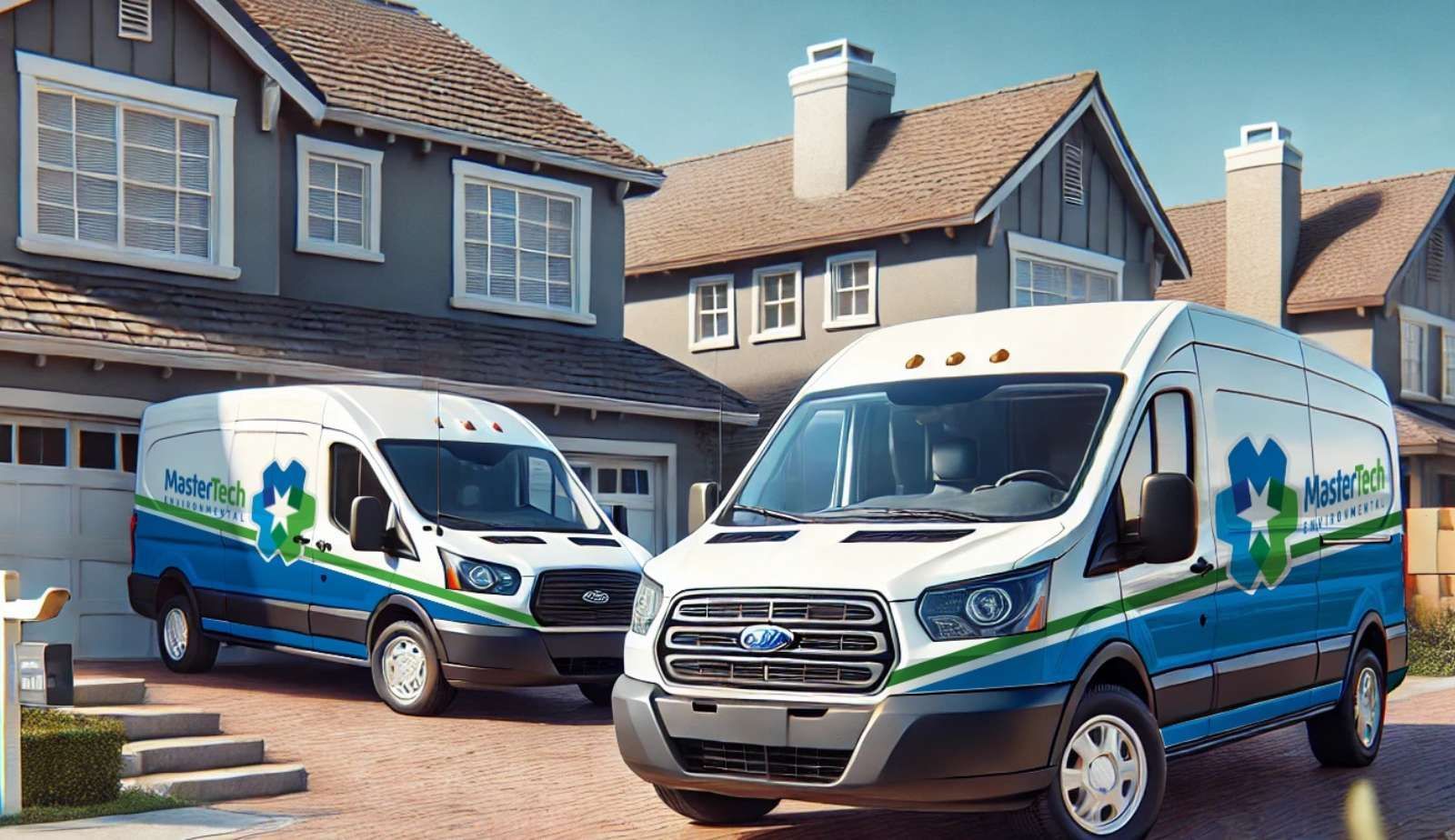
Economic Benefits of Investing in a Restoration Franchise
Investing in a restoration franchise offers substantial financial advantages. The industry's resilience and consistent demand contribute to attractive profit potential and long-term stability for franchise owners.
Franchise Fee and Royalties Analysis
The initial franchise fee for restoration businesses typically ranges from $20,000 to $50,000. This fee grants access to established brand recognition, proven business models, and comprehensive training programs.
Ongoing royalties usually fall between 5% to 8% of gross revenue. While this may seem significant, it often proves worthwhile due to the support and resources provided by the franchisor.
Franchisees benefit from centralized marketing efforts, operational guidance, and technological tools that enhance efficiency and profitability.
Return on Investment Predictions
Restoration franchises offer promising ROI potential. Many franchise owners report breaking even within 18-24 months of operation.
Factors influencing ROI include:
- Market demand in the franchisee's territory
- Effectiveness of local marketing efforts
- Quality of services provided
- Operational efficiency
Annual revenue for established restoration franchises can range from $500,000 to over $2 million. Profit margins typically fall between 20% to 40%, depending on factors such as overhead costs and service mix.
The recession-resistant nature of restoration services contributes to consistent earnings potential, even during economic downturns.
Key Restoration Services Offered
Restoration franchises offer a range of essential services to address property damage from various sources. These services are designed to restore homes and businesses to their pre-loss condition efficiently and effectively.
Water Damage Restoration Essentials
Water damage restoration is a critical service offered by restoration franchises. It involves removing excess water, drying affected areas, and preventing further damage. Technicians use specialized equipment like industrial dehumidifiers and air movers to extract water and moisture.
Water damage restoration also includes cleaning and sanitizing affected surfaces to prevent mold growth. Restoration professionals assess the extent of damage and develop customized plans for each situation.
Services may include:
- Water extraction
- Structural drying
- Dehumidification
- Odor removal
- Content restoration
Quick response is crucial in water damage cases to minimize secondary damage and reduce restoration costs.
Mold Remediation and Its Importance
Mold remediation is another key service offered by restoration franchises. It involves identifying and eliminating mold growth in buildings. Mold remediation is essential for maintaining healthy indoor environments and preventing structural damage.
The process typically includes:
- Mold inspection and assessment
- Containment of affected areas
- Air filtration
- Removal of mold-infested materials
- Cleaning and disinfecting
- Restoration of affected areas
Proper mold remediation requires specialized knowledge and equipment. Technicians use personal protective equipment and follow strict protocols to ensure safe and effective mold removal.
Diversifying with Fire Damage Restoration
Fire damage restoration is a complex service that addresses the aftermath of fire incidents. It involves removing soot, smoke odors, and restoring damaged structures and contents. Restoration professionals assess the extent of damage and develop comprehensive restoration plans.
Services often include:
- Smoke and soot removal
- Structural cleaning and repair
- Content cleaning and restoration
- Odor elimination
- Water damage mitigation (from firefighting efforts)
Fire damage restoration requires specialized techniques and equipment to address different types of smoke and fire damage. Restoration franchises often invest in advanced technologies to provide effective fire damage restoration services.
Additional Services: Hoarding & Crime Scene Cleanup
Many restoration franchises offer specialized cleaning services such as hoarding and crime scene cleanup. These services require unique skills, equipment, and sensitivity to handle challenging situations.
Hoarding cleanup involves:
- Safely removing excessive clutter
- Organizing and sorting items
- Deep cleaning and sanitizing
- Addressing potential biohazards
Crime scene cleanup requires:
- Proper handling of biohazardous materials
- Thorough decontamination of affected areas
- Discreet and compassionate service
- Compliance with health and safety regulations
These additional services demonstrate the versatility of restoration franchises in addressing various property damage and cleanup needs.
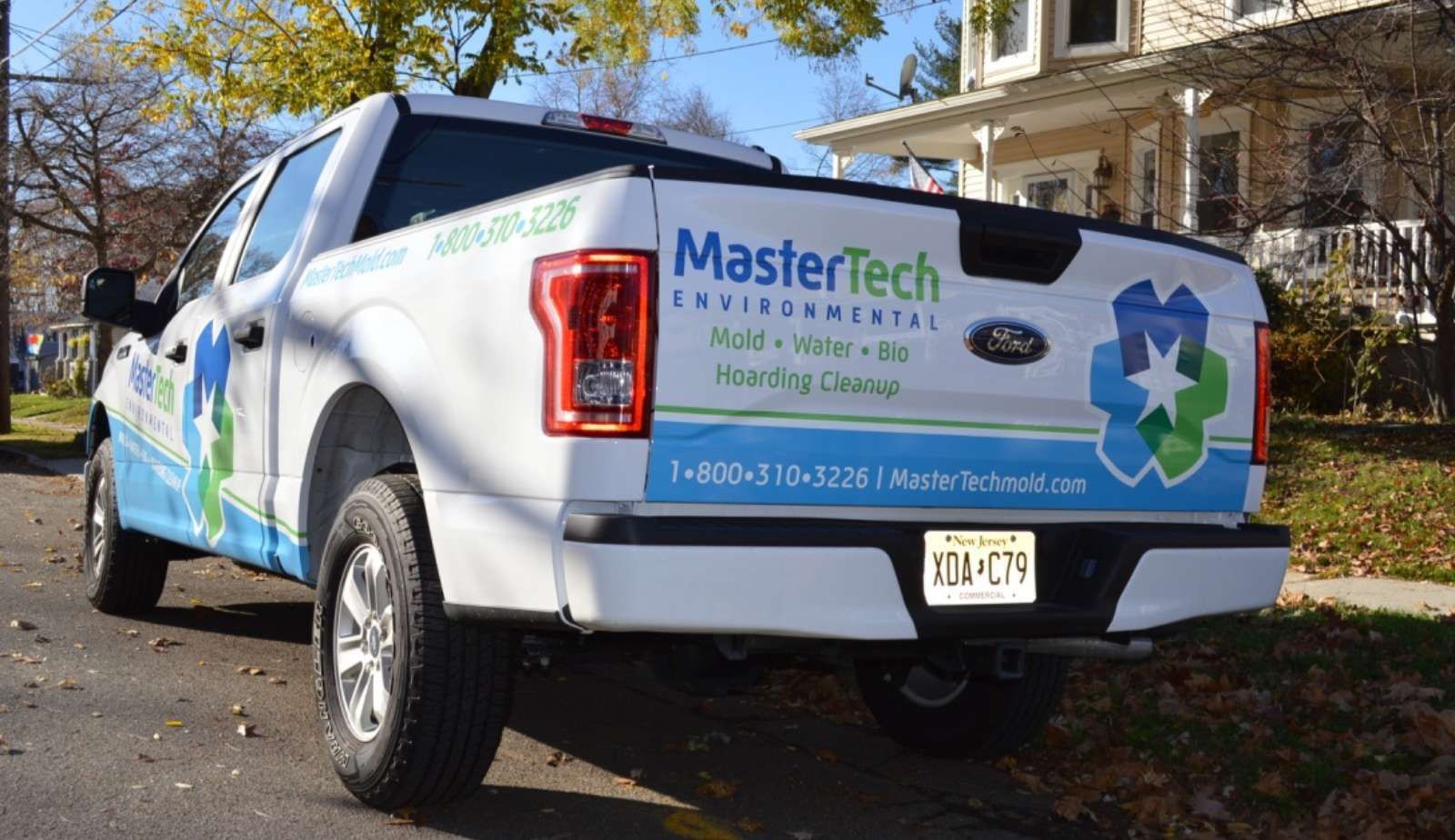
Franchise Operation and Support
Mold and water damage restoration franchises provide comprehensive systems to ensure franchisee success. These include robust training, ongoing support, and networking opportunities.
Comprehensive Training Programs
Franchisees receive extensive initial training in mold remediation, water damage restoration, and business operations. Programs typically cover technical skills, safety protocols, and customer service. Many franchises offer hands-on practice in simulated environments.
Training often includes:
- Mold identification and removal techniques
- Water extraction and structural drying methods
- Equipment operation and maintenance
- Industry certifications and compliance
Franchisors may provide online learning modules and in-person workshops. This ensures franchisees stay current with industry best practices and regulations.
Ongoing Support and Business Model
Franchise systems offer continual assistance to help owners thrive. This includes marketing support, operational guidance, and technology solutions.
Key support elements:
- 24/7 technical assistance hotlines
- Centralized scheduling and dispatch services
- Digital marketing and lead generation tools
- Proprietary software for job management and reporting
The business model is designed for scalability. Franchisees benefit from established brand recognition and proven systems. This allows them to focus on service delivery and growth.
Building a Networked Community
Franchises foster a strong sense of community among their owners. This network provides valuable peer support and knowledge sharing.
Community-building initiatives include:
- Annual conferences and regional meetups
- Online forums and discussion groups
- Mentorship programs pairing experienced and new franchisees
These connections allow franchisees to share best practices, discuss challenges, and collaborate on large-scale projects. The networked approach strengthens individual businesses and the overall franchise system.
Identifying the Right Franchise Opportunity
Selecting the ideal mold and water damage restoration franchise requires careful evaluation of market potential and understanding the franchisee's role. These factors are crucial for long-term success in this recession-resistant industry.
Analyzing Market Potential
Mold remediation and water damage restoration franchises are growing due to constant demand for their services. Potential franchisees should assess local market conditions, including:
• Frequency of natural disasters or severe weather events
• Age and condition of local housing stock
• Population density and growth projections
Understanding these factors helps identify areas with high potential for water restoration services. Franchisees should also research competition in the area to determine market saturation and opportunities for differentiation.
Local regulations and licensing requirements for mold remediation and water damage restoration businesses vary. Prospective franchisees must familiarize themselves with these regulations to ensure compliance and smooth operations.
Understanding the Franchisee's Role
A successful mold removal franchise owner must possess technical knowledge and strong management skills. Key responsibilities include:
• Overseeing day-to-day operations
• Managing technicians and support staff
• Marketing and building client relationships
• Maintaining equipment and supplies
Franchisees should be prepared to work long hours, especially during emergencies or natural disasters. They must be able to handle high-stress situations and provide empathetic customer service to clients dealing with property damage.
Training and support from the franchisor are crucial. Prospective franchisees should evaluate the training programs, ongoing support, and resources provided by different franchise opportunities to ensure they align with their needs and expectations.
Get in Touch
Contact Us
Don't be a stranger!
30 Broad St, Unit 7
Denville, New Jersey 07834
